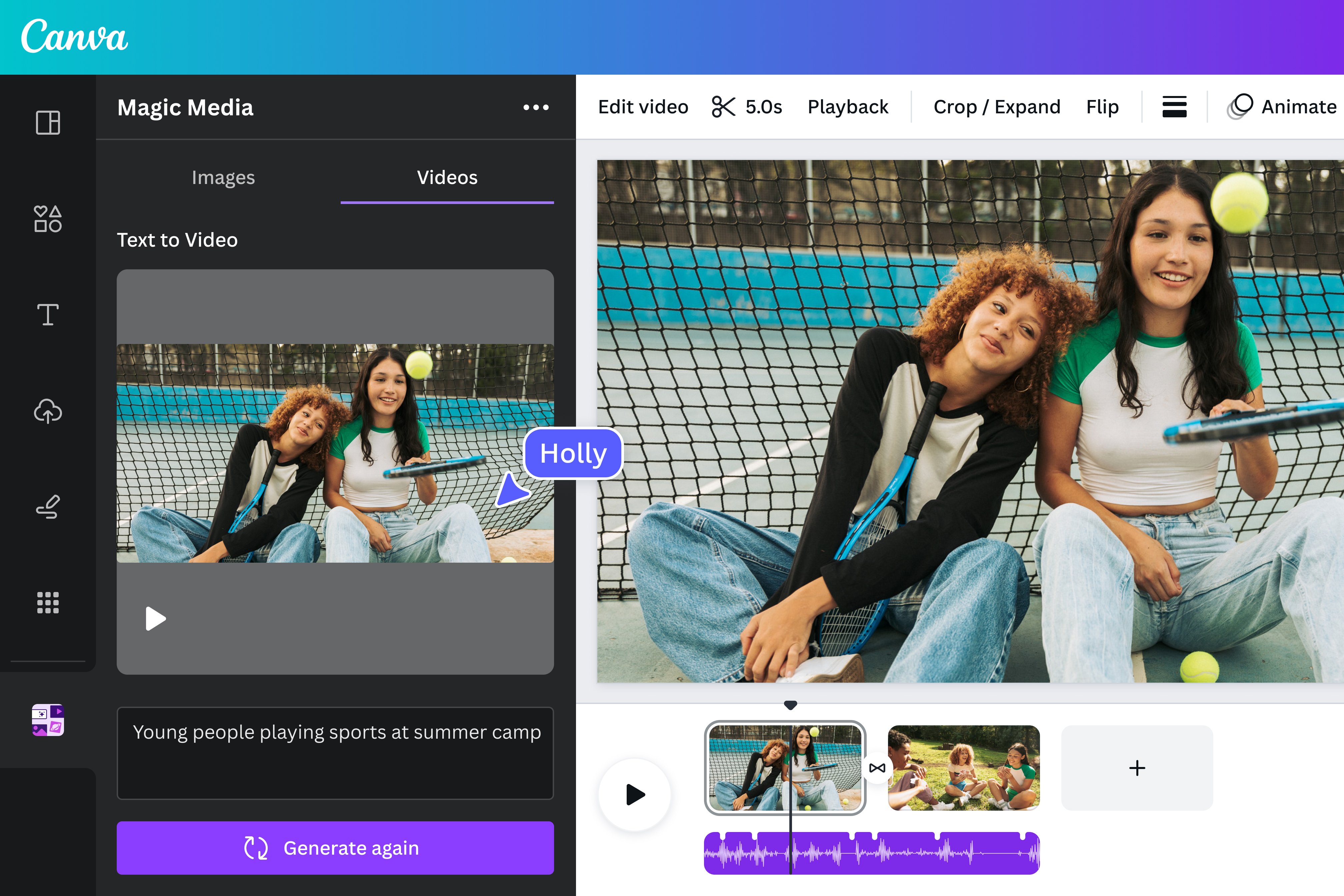
# Chinese AI leaps forward: MiniMax challenges OpenAI and Google
The AI industry is abuzz with excitement over the emergence of MiniMax, a Chinese startup backed by tech giants Alibaba and Tencent. MiniMax has caught the attention of tech enthusiasts and industry professionals with its groundbreaking text-to-video AI model. The company’s video generation tool, known as “video-01,” has quickly gained recognition for its impressive capabilities, potentially reshaping the landscape of generative AI.
MiniMax made its debut in early September, releasing its video generation tool with little fanfare. However, it didn’t take long for the AI community to take notice. Social media platforms were soon flooded with examples of MiniMax’s capabilities, showcasing everything from fantastical scenes to hyper-realistic human movements. One particular video featuring a lightsaber duel between Star Wars villains Darth Vader and Darth Maul went viral, amassing over 5 million views in just 48 hours.
The success of MiniMax has put it in direct competition with established players like OpenAI, Runway, and Google. What sets MiniMax apart, according to early users, is its exceptional handling of human movements and gestures—a notorious challenge in the field of generative AI. Yan Junjie, MiniMax’s founder and CEO, confidently claims that their performance is better than that of Runway in generating videos.
MiniMax’s rapid rise represents a significant step forward for China’s AI industry. As tensions between the United States and China impact the tech sector, with restrictions on chip exports and concerns over data security, MiniMax’s breakthrough demonstrates China’s determination to remain at the forefront of AI innovation.
However, MiniMax’s journey is just beginning. Currently, video-01 can only generate clips up to six seconds long. But the company is actively working to overcome this limitation and plans to introduce features like image-to-video conversion. These updates promise to extend the clip length and expand the tool’s appeal to professional creators and advertisers.
# Enterprise impact: MiniMax signals shift in AI landscape
The rapid ascent of MiniMax serves as a reminder to enterprise decision-makers of the dynamic nature of the AI landscape. As generative AI tools become more sophisticated, their potential applications in marketing, product design, and customer engagement grow exponentially. Companies that fail to keep pace with these developments risk falling behind competitors who effectively leverage such technologies.
Moreover, MiniMax’s success story highlights the importance of looking beyond established players when considering AI solutions. While giants like OpenAI and Google often dominate headlines, innovative startups from around the globe continually push the boundaries of what’s possible with AI.
As MiniMax continues to refine its technology and expand its feature set, the implications for the AI industry are profound. The company’s ability to generate realistic human movements could accelerate advancements in fields ranging from computer vision to robotics. However, as these tools become more accessible, questions about copyright, ethical use, and the potential for misinformation will likely come to the forefront of public discourse.
In the coming months, all eyes will be on MiniMax as it works to deliver on its promises and solidify its position in the competitive AI video generation market. While it remains to be seen if MiniMax can maintain its momentum and truly challenge established players, one thing is certain: the AI video revolution is far from over, and MiniMax has ensured that China will play a significant role in shaping its future.
As we witness this unfolding chapter in the AI saga, one can’t help but wonder: What groundbreaking innovation will emerge next, and from which corner of the globe? In the rapidly evolving world of artificial intelligence, the only constant is change, and MiniMax has just changed the game.

